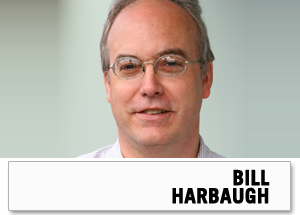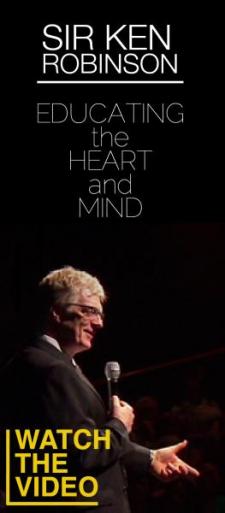Biography

Bill Harbaugh is a professor of economics at the University of Oregon who studies why people make charitable donations. His work uses methods ranging from economic theory to experiments to fMRI neuroimaging. The neuroimaging research (joint with Dan Burghart and the psychologist Ulrich Mayr) shows that people exhibit a “pure altruism” response in reward-related areas of the brain when they see money going to a charity that provides food to the poor, and that those people with larger neural responses are more likely to make charitable donations.
He also shows that there is also a warm glow from giving – people show more activation in reward areas when they choose to give the money voluntarily. In other work he has modeled the “prestige motive” for charitable giving and shown its effects empirically - when gifts are reported in categories, people tend to give the least amount possible for a given level of recognition.
Harbaugh was also among the first economists to use experiments to test how well economic models of rational, self-interested choice apply to the behavior of children. He says, with some purposeful ambiguity, that “economic models work about as well for kids as they do for adults”.
His most recent project, with Mayr and Jim Andreoni, looks at the receiving side of giving, and is motivated by the saying “Charity is a mixed blessing.” This work – still in progress – uses fMRI to examine the effects of charity on the brains of the people who receive it, with the goal of helping altruists reduce the “mixed” part of the blessing.






